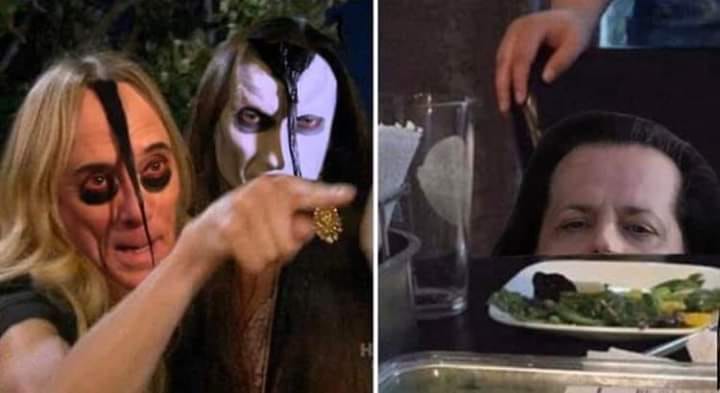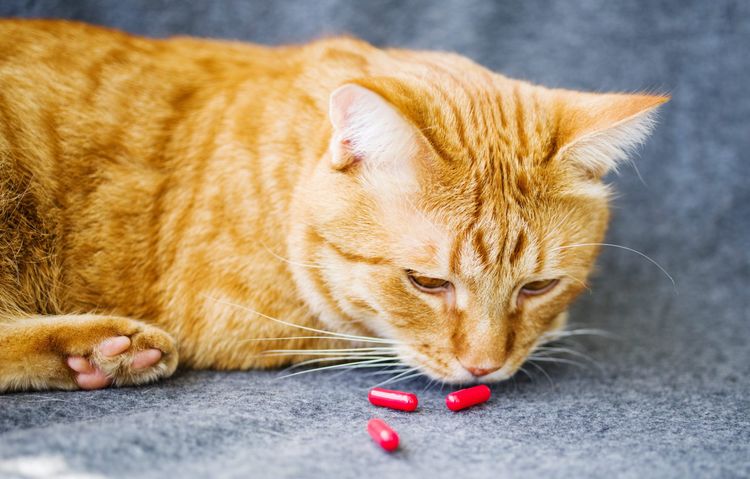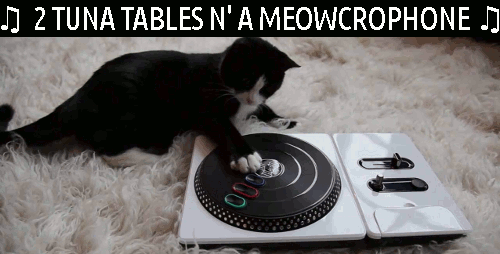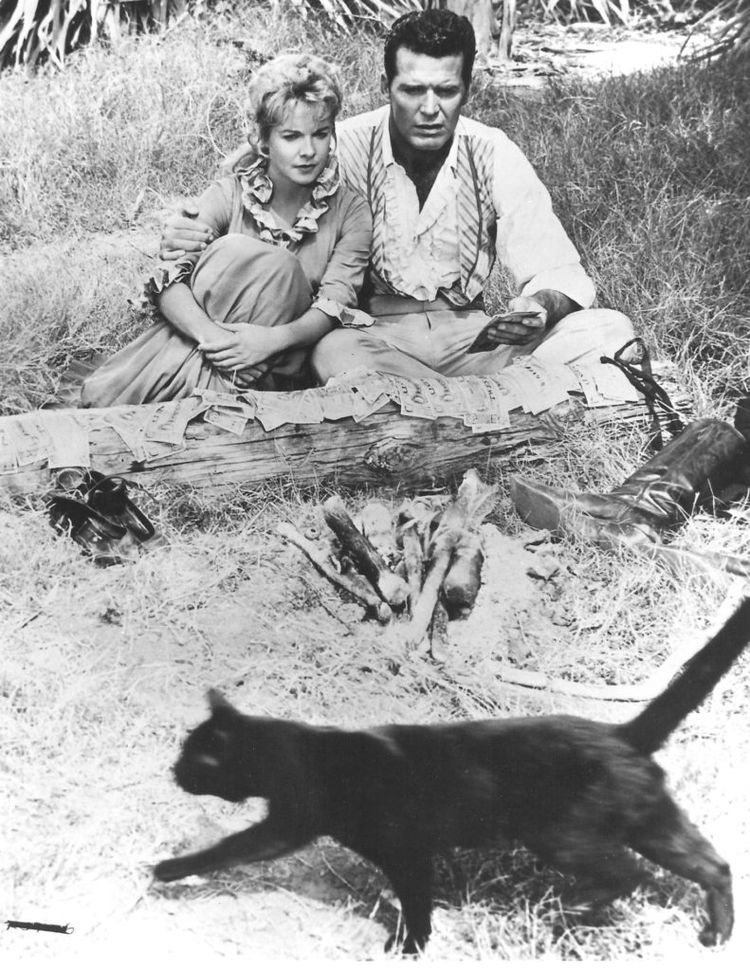The High Party: Getting (and Staying) Down With 9/11 Twenty Years Later
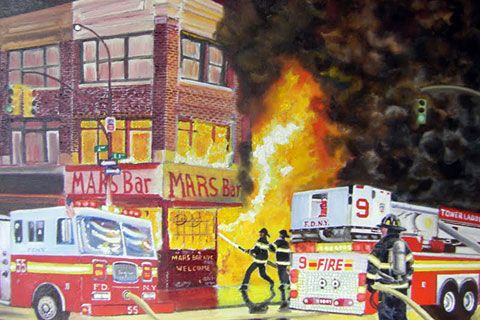
I am not the sort of writer who posts about coffee and cigarettes. While I agree with Nick Cave when he sings, in “We Call Upon The Author,” that “Bukowski was a jerk,” I differ by tending to see the alcoholic poet John Berryman, who's suicidal tendencies hinted at in his Dream Songs poems went from performative to literal when he performed the act of jumping off the Washington Avenue Bridge, as a better poet than some of the alternatives as opposed to “the best” that Cave claims him to be. And, finally, I prefer my gonzo journalistic interpretations of world events to be fear and/or loathing at least slightly reigned in from frat house cataloging of chemical intake.
I say all this, not to make a big show of temperance but, rather, to make clear that I take no pride, perverse or otherwise, in admitting that I was still pretty drunk when the Twin Towers came down.
Instead of being proud of my mid-twenties crapulence, I’m both grateful and embarrassed that, having worked late the night before, I woke up close to 11AM, to the other Mars Bar bartender shouting from my answering machine that America was under attack, there were tanks in the streets of Washington D.C., and that I should probably wake up. I’m not sure what she expected me to do, but I appreciate the call, as without it, it’s possible I would have kept sleeping till late in the afternoon and, twenty years later, when called upon to give my emotional wearabouts regarding the moment a world changed, I’d have to make something up rather than admit I’d spent the Day Irony Died drooling and snoring atop a sheetless mattress that bulged in the middle from the layers of off-brand porno mags separating it from the floor. And because I have neither Joan Didion’s cheekbones nor her ability to deftly conflate her migraines with tectonic shifts (either political or geological) in any of the Americas, I won’t treat my hangover that day as anything more than what it was: the foreseeable and avoidable result of my not having drunk enough water.
It’s a question above my theological paygrade as to whether or not, presumably flayed and screaming in their molton patch of Hell, either Allan or John Foster Dulles, as devils and demons forced the brothers’ eyes to take in the foreseeable and avoidable results of their and those like them’s foreign policy choices, also wished for some water. I hope so. For all the undeserving who suffered that morning, and for all those undeserving who suffered in the twenty years that followed, I hope that an occasionally just God saw fit to torture at least a few of the actors who set the stage. And I hope God left some room for the Bushes and Kissingers and Clintons and Cheneys et al. (and, yes, the Bin Ladens and House of Saud as well… I’m not a knee-jerk anti-America tankie about this shit). For my complicity, as a taxpayer and decidedly unrevolutionary citizen of the American Empire, I say a little prayer that purgatory is the worst outcome I rate. Just in case, I’m a consummate drinker of water now, taking bottles of SmartWater to pound town as often as time allows, and storing as many electrolytes as I can in my cheeks.

Much of what is written about the psychic state of New York City in the time that followed 9/11 is absolutely fucking insane. The notion that the city’s ostensible music renaissance was spurred by either a post-9/11 nihilism or some end-time embracement of creative freedom is as laughable as the opposing theory (posited by some writers who were at some point bullied-by-differently-hip-hipsters enough that they succumbed to a sub-Klosterman populism inconsistent to their black-rim eyeglasses) that the success of The Strokes was part-and-parcel a national mindset that allowed for the invasion of Iraq. As difficult as it may be to imagine the written word before Twitter, social media did not, in fact, invent the human tendency to take an event/epoch and analyze said event only through a prism that conveniently supports whatever world view the viewer already held. The tendency holds true in the case of readings/writings about NYC 2001-2005. On one hand, we have proto-creatives (many of whom were/are my friends who I love) inclined to romanticise their own accomplishments/intentions; seeing post-WW1 schools of poetry, Weimer cabaret, and Gatsby-esque flappers instead of the continuous banality of cheap rent, cheap coke, and a sexual landscape seemingly devoid of any STD stronger than whatever one might catch by sleeping with a friend of a friend of Interpol. On the other hand, the naysayers, who only saw cocaine-sex parties (whether thrown in mid-scale venue bathrooms by faux-indie hetero-Manhatanites or lapped off the dance floor by polyamorous roomates of Berliniamsburg deejays) to which they were never invited, post-9/11 NYC exists only as a cautionary tale of neo-liberal surrender; what happens when ‘80s revivalism is taken to its amoral conclusion. Any way you cut it, and accepting that these seemingly contradictory views both contain kernels of truth, we’re gauging competing solipsisms. Either you were completely in it at the time, mixing up the East River stardust with the Hudson muck, or you were outside the scene, or born after the scene, but still definitely morally better or morally worse than every musician on the Eastern Seaboard not in Fugazi. The last thing anyone existing between 9/11/01 and 9/11/10 could be was just a regular ass human person, muddling through, wondering when Sub Pop was going to start signing good bands again.
This is not to pretend that I’m any paragon of independent thinking. In the time after 9/11, my politics aligned with one mob or another. When Susan Sontag wrote about causality in The New Yorker, I may not have called her a traitor but I, much to the eye rolling of my mother, joined in the chorus of “too soon”s. When the lighting guy at CBGBs turned off the power during Leftover Crack’s anti-America speechifying, I bought that lighting guy a drink. I even, when drunkenly wading through the white mist still hanging over Houston street a week after the attack, went up to a cop and thanked him. I joined the protests against the invasion of Iraq, but it wasn’t until around* ten years ago, when I fell in love with the Afghan-American dreamboat that I’ve been lucky enough to be with to this day, that I had any sense of our long and less-than-admirable history with the country her family came from. I got my news from The Onion, blessed the trees I assumed my drugs grew on, and thought of myself as clever.
Anniversary pieces are a vampiric racket, but harmless in that they only kill time. Seeing as we’re immortal right up until the moment we’re not, what’s a little time suck between friends living in a system? Religious and secular ritualists alike can commemorate calamity, devote a hundred times the bandwidth we devote to the 20 year anniversary of the first Moldy Peaches album, secure that our priorities are in order while ceding the giving a shit about Afghanistan to fascists and war profiteers that we remain morally superior to because, even if they’re right about Biden’s cynicism and incompetence, they’re right for the wrong reasons.
As I’ve said in previous newsletters, I’m attempting to resist cynicism myself. In the time after 9/11, I believed a few things. Most of them were wrong, but not all of them were malignantly wrong. When the Greenpoint bar Enids was full of scenesters quietly and earnestly discussing plans to give blood, we were only wrong in the assumption that there might be any survivors. When I bought the CBGBs lighting guy a drink, I was wrong in taking pleasure at any part of the national silencing of dissent that was the fever of the time, not because the singer of Leftover Crack wasn’t and isn’t a moronic scumbag in plenty of other regards. And the lighting guy had lost friends in the towers; fellow union workers and Johnny Heff, the guitarist/singer of The Bullys, who was also a firefighter. The lighting guy wasn’t acting out of nationalism. He was acting, however misguidedly, out of anger from listening to some minor celebrity squatter/girl toucher make jokes about the sound guy’s dead friends. Even twenty years later, after my country has squandered every single opportunity to not engage in feckless evil and atrocity, I still bristle at 9/11 jokes and memes. I live (rent stabilized tbc) across from the new tower. Maybe I’m wrong to find the new tower’s design, born of compromise and bureaucracy and the demands of capitalism, to be, in more than a certain light, beautiful. But, if so, I’ve been wronger.
If there was any change in our national character, it’s perhaps best exemplified in the contrast between two hits performed by the popular alternative metal band, Queens of The Stone Age. Pre-9/11 QOTSA’s signature song was “The Lost Art of Keeping a Secret,” an appealingly mean, vibes laden ode to realpolitik, deceit, and power-balance reciprocity (complete with “noise” piano by Masters of Reality’s Chris Goss) that was a high point of 2000’s Rated R. Post-9/11, as the first single off of 2002’s Songs For The Deaf, QOTSA released “No One Knows,” a thematically identical song to “The Lost Art of Keeping a Secret,” but with singer Josh Homme portraying himself as the acted upon rather than the protagonist, his passivity within the relationship taken as an excuse for the song’s heightened aggression, its absence of vibraphone or any piano whatsoever. Like the journey from “Lost Art of Keeping a Secret” to “No One Knows,” America pre- to post- 9/11 was essentially the same country, but less subtle, high on its own piss and cholesterol, somehow vaguely inferior. (In this metaphor, Eagles of Death Metal are either Saudi Arabia or Israel; an inherently flawed entity at its inception, that grew only worse with time, given to self-victimization and just generally being a terrible influence on our thick witted, but still somewhat loveable, anti-heroes.)
In the weeks after 9/11, the air around the bar was snow white at night. In the months after, larger hipster concerns moved apace (as Ben Smith of The Brought Low says, “on our first tour in Nov. 2001, anytime anyone learned we were from NYC they’d say ‘Can I ask you something?’ We assumed it would be a question about 9/11. Instead they’d say ‘What’s up with that band The Strokes?’”) and the fact that the air downtown had been poisonous, and that the government had lied about it, was passively accepted unless you were cornered at a bar by George Tabb (the MRR columnist and singer of Furious George, and one of the thousands whose mental and physical health was destroyed in the aftermath of the twin collapse). In the years after, the media learned scepticism. Unless the president was Obama. And the ostensible counterculture came to regret it’s blind acceptance of xenophobic narrative. Except for every single time it had the opportunity to not repeat the same mistakes.
I rarely shut up about not believing in generational differences. And I don’t generally believe in singularly culture changing events. I think 9/11 changed the lives, the literal, corporeal lives, of thousands of New Yorkers and millions of Muslims (with, of course, a healthy overlap of the two). But 9/11 didn’t spell the End of Irony, the Rebirth of Rock, or fuel the success of VICE or American Apparel (at least not any more than the pretty consistent historical reality of young American people enjoying drug use, casual cruelty, and post-pubescent women with visible nipples and distressed-crotch jumpers. Please See: The ‘60s, ‘70s, ‘80s, etc.).
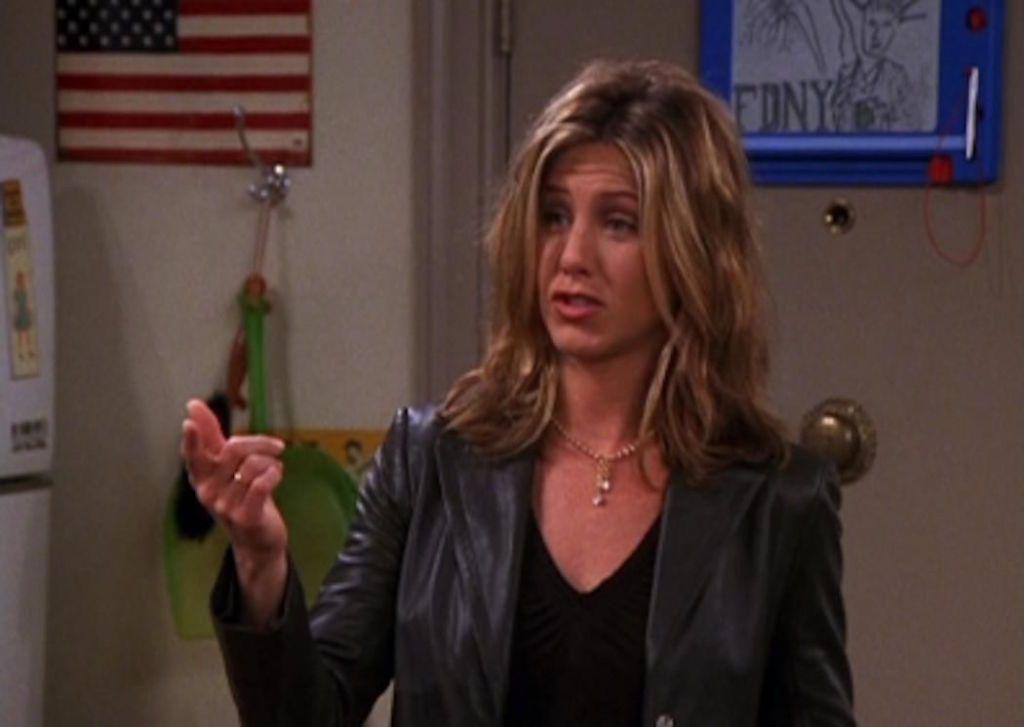
Yesterday, on the actual twenty year anniversary, I walked around the neighborhood. In the blocks around One Trade, there was the sound of bagpipes and the streets were full of uniformed mourners. I missed the meet-and-greet between firefighters and former President Trump (despite the man’s open contempt for first responders in practice, Trump’s popularity is unsurprising. Hipsters aren’t the only types with an affinity for fellow racist speed freaks). The Oculus “Fishbone” (Party at Ground Zero) Mall shone brightly, white and absurd, and tourists milled about in its shadow. A few blocks away, there were no commemorations. Just lines out the door of Zucker’s and every coffee shop. I saw one “Never Forget” shirt. I also saw one t-shirt that depicted the cast of Friends in art house black & white. For myself, I almost left the house in a Spitboy t-shirt, but got self conscious about the exposed nipple on it so I threw a button down over it. While I stood in line for my bagels, I read about the last, for now, family we killed on our way out the door of Afghanistan. Then my bagels were ready, I gave a solemn nod to Ross and Rachel emblazoned Mapplethorpe-style on a chest that was probably a zygote in 2001, and went out into the pristine and innocent Tribeca air, only as furious as I ever am.
Thanks for reading. Please don’t forget to share and subscribe.
*ten years plus, thereabout. NYC dating doesn’t lend itself to exact anniversaries.
